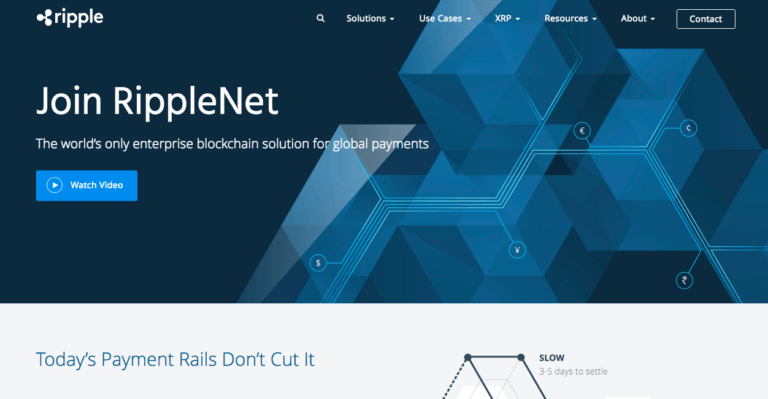On Friday (9 November 2018), MFUG Bank, the principal banking unit of Mitsubishi UFJ Financial Group (MUFG), the world’s fifth largest bank (by total assets), announced the signing of a Memorandum of Understanding (MOU) with Banco Bradesco, one of the largest banks in Brazil, to collaborate on the development of a new cross-border payment service, using Ripple’s technology, between Japan and Brazil.
MUFG Bank is Japan’s largest bank. Its parent, MUFG, is headquartered in Tokyo, has over 360 years of history, and is one of the main companies of the Mitsubishi Group. As for Banco Bradesco, it was founded in 1943, and it is headquartered in the city of Osasco, in the metropolitan area of São Paulo.
Californian FinTech startup Ripple is one of the world’s leading specialists in the area of cross-border payments solutions. RippleNet, its global payment network, connects banks and payment providers in order to provide “one frictionless experience for sending and receiving money globally.”
Financial institutions joining RippleNet “can process their customers’ payments anywhere in the world instantly, reliably and cost-effectively.” As cross-border payments solutions provider Ripple explained in a blog post on 21 September 2018, membership of the RippleNet network offers the following benefits:
Access: “Today, banks and providers overcome a fragmented global payments system by building multiple, custom transaction relationships with individual networks. By joining RippleNet’s single worldwide network of institutions, organizations gain a single point of access to a standardized, decentralized infrastructure for consistency across all global connections.”
Certainty: “Legacy international payments cannot provide clarity around transaction timing or costs, and many transactions ultimately end in failure. RippleNet’s atomic pass-fail processing ensures greater certainty in delivery, and its bi-directional messaging capability provides unprecedented end-to-end transaction visibility for fees, delivery time and status.”
Speed: “Disparate networks and rules create friction and bottlenecks that slow down a transaction. RippleNet’s pathfinding capabilities cut through the clutter by identifying optimal routes for transactions that then settle instantly. With RippleNet, banks and providers can reduce transaction times from days to mere seconds.”
Savings: “Existing payment networks have high processing and liquidity provisioning costs that result in fees as high as $25 or $35 per transaction. RippleNet’s standardized rules and network-wide connectivity significantly lower processing costs. RippleNet also lowers liquidity provisioning costs or can eliminate the need for expensive nostro accounts altogether through the use its digital asset XRP for on-demand liquidity. The end result is a dramatically lower cost of transactions for providers and their customers.”
MUFG’s press release says that although “the relationship between MUFG Bank and Bradesco dates back to 1973 when an MUFG Bank predecessor bank invested in the Brazilian financial institution,” the MOU is “an extension of an existing September 2017 collaboration agreement between MUFG Bank and Bradesco, and represents the banks’ most recent business engagement.”
Over on Twitter, “CryptoEri”, a very popular Tokyo-based cypto reporter/analyst with a YouTube channel that is one of the best sources of Ripple-related news, had the best reaction to this announcement:
Ripple Snagged A Monster!! The biggest bank in Japan (MUFG, headquartered in Tokyo, 360 year history, 1800 locations, & 50 countries) is going to execute on cross-border remittances between JAPAN and Brazil. Learn this Japanese word: DEKAI = gargantuan https://t.co/SVIPRHjHyq
— CryptoEri (@sentosumosaba) November 10, 2018
Featured Image Courtesy of Ripple









